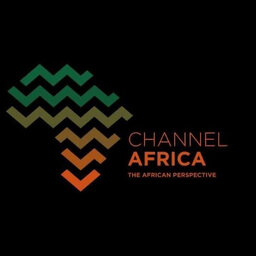Sharon Chikwanha speaks GBV advocacy
Being a survivor of Gender-Based Violence (GBV) in Africa can be a deeply challenging and isolating experience. Many survivors face stigma, shame, and blame from their communities, families, and even themselves.
The trauma of GBV can be exacerbated by societal expectations and cultural norms that perpetuate silence and victim-blaming. Despite the prevalence of GBV, many African countries lack adequate resources, support systems, and legal frameworks to protect survivors and hold perpetrators accountable.
As a result, survivors often struggle to access justice, healthcare, and psychological support, leaving them feeling vulnerable and alone. However, there is hope and resilience in the face of adversity. Survivor-led movements and organizations are working tirelessly to break the silence, challenge harmful norms, and create safe spaces for healing and empowerment.
By sharing their stories and supporting one another, GBV survivors in Africa are reclaiming their voices, dignity, and lives.
We speak today to GBV and mental health activist in Zimbabwe, Sharon Chikwanha.
 On the move
On the move


